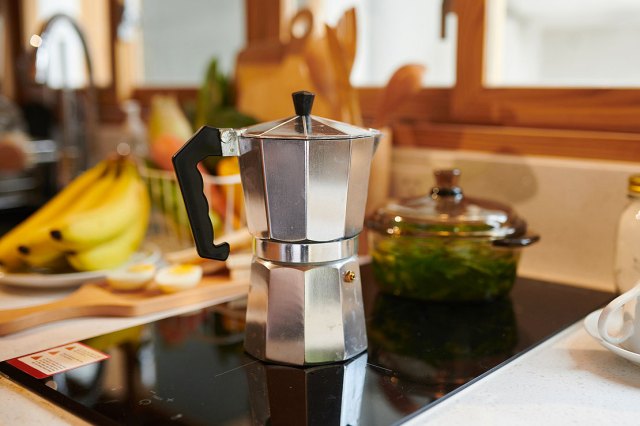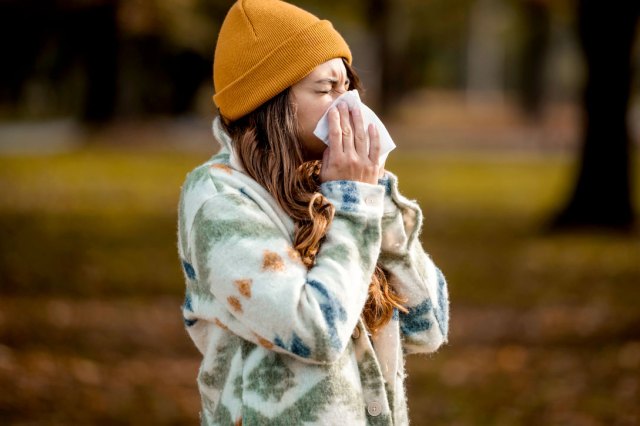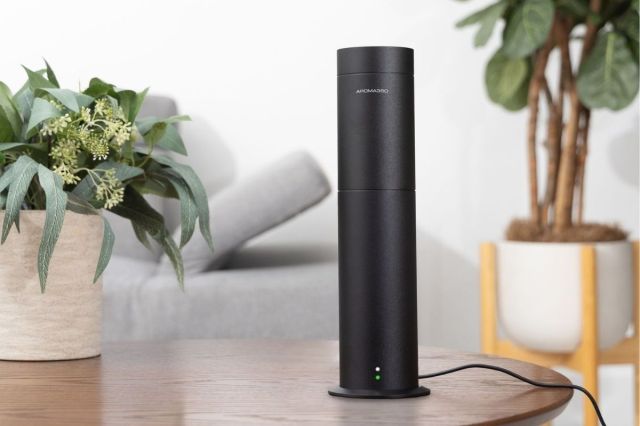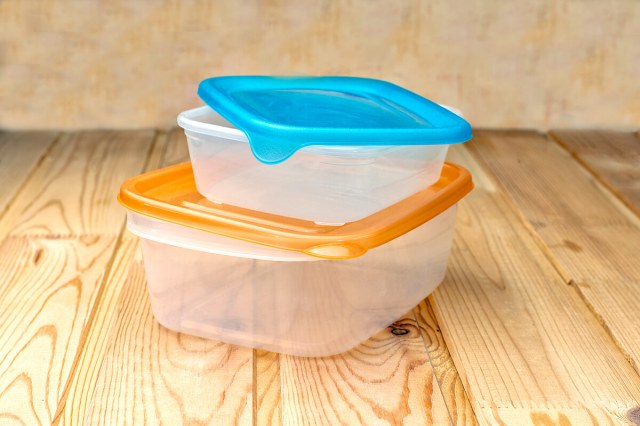Picture a quiet morning. You’re relaxing before the hustle and bustle of the day, enjoying a cup of coffee. And yet, later in the day, you find yourself grabbing your second, third, or even fourth cup, worrying about just how much caffeine you can actually drink. Is there such a thing as drinking too much coffee?
In short, yes. Thankfully, you don’t need to give up caffeine altogether if you learn to safely consume the proper amount of coffee.
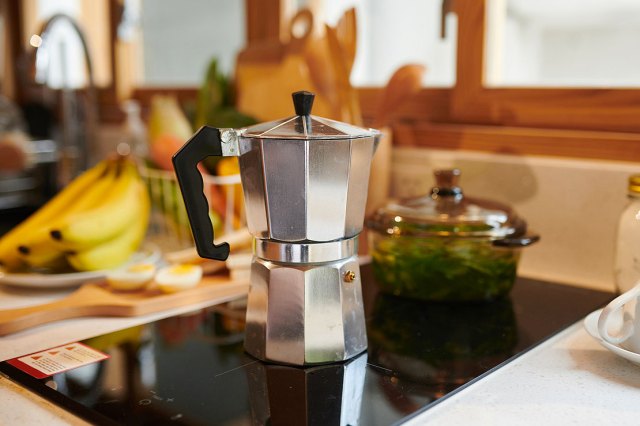
Limit Yourself to a Maximum of 4 Cups per Day
Just like all things, coffee is best enjoyed in moderation. One cup (8 ounces) of brewed coffee contains 95 mg of caffeine. One single shot of espresso contains 64 mg of caffeine. The FDA recommends consuming no more than 400 mg of caffeine daily to avoid experiencing adverse side effects.
However, the amount of caffeine that the human body can metabolize varies from person to person. When determining your daily “cup” limit, you should consider your sensitivity to caffeine — note if you get jittery, have insomnia, an increased heart rate, or an upset stomach — and your height and weight. (There are online caffeine calculators that can help guide you.) Also consider if you are consuming extra caffeine outside of coffee, such as in soda or chocolate.

Avoid Milk and Sugar
Black coffee is the healthiest option for daily coffee intake. Excess consumption of milk and sugar can increase the possibility of developing health risks such as diabetes, high blood pressure, and inflammation — especially if you’re drinking multiple cups a day.
If you are a fan of enhancing your java, don’t worry — you don’t have to stop adding milk and sugar completely. Limit your sugar usage to no more than 2 teaspoons per cup, and use reduced fat instead of whole milk. Also look into alternatives for these additions, such as artificial sweeteners like Splenda and Stevia, and nut or oat milk.
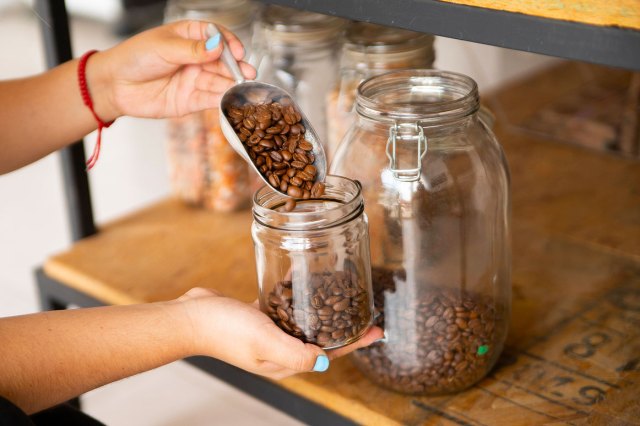
Cut Back Slowly
If you want to reduce your caffeine intake, be sure to do so slowly. Caffeine withdrawal can cause negative effects, such as low energy, irritability, and headaches. Wean yourself over time by cutting out 1 cup each week until you’ve reached your desired intake.
Reader Favorites

Choose Coffee Alternatives
Rather than relying exclusively on coffee for a caffeine boost, consider switching to similar beverages, such as green or black tea. Tea still contains caffeine but at a lower level than coffee. Tea also has several health benefits, including being high in antioxidants and helping boost your immune system. Matcha tea, yerba mate, and turmeric-infused “golden milk” are also great alternative sources of caffeine.
Featured Image Credit: DragonImages/ iStock
More From Our Network
Better Report is part of Inbox Studio, an email-first media company. *Indicates a third-party property.
